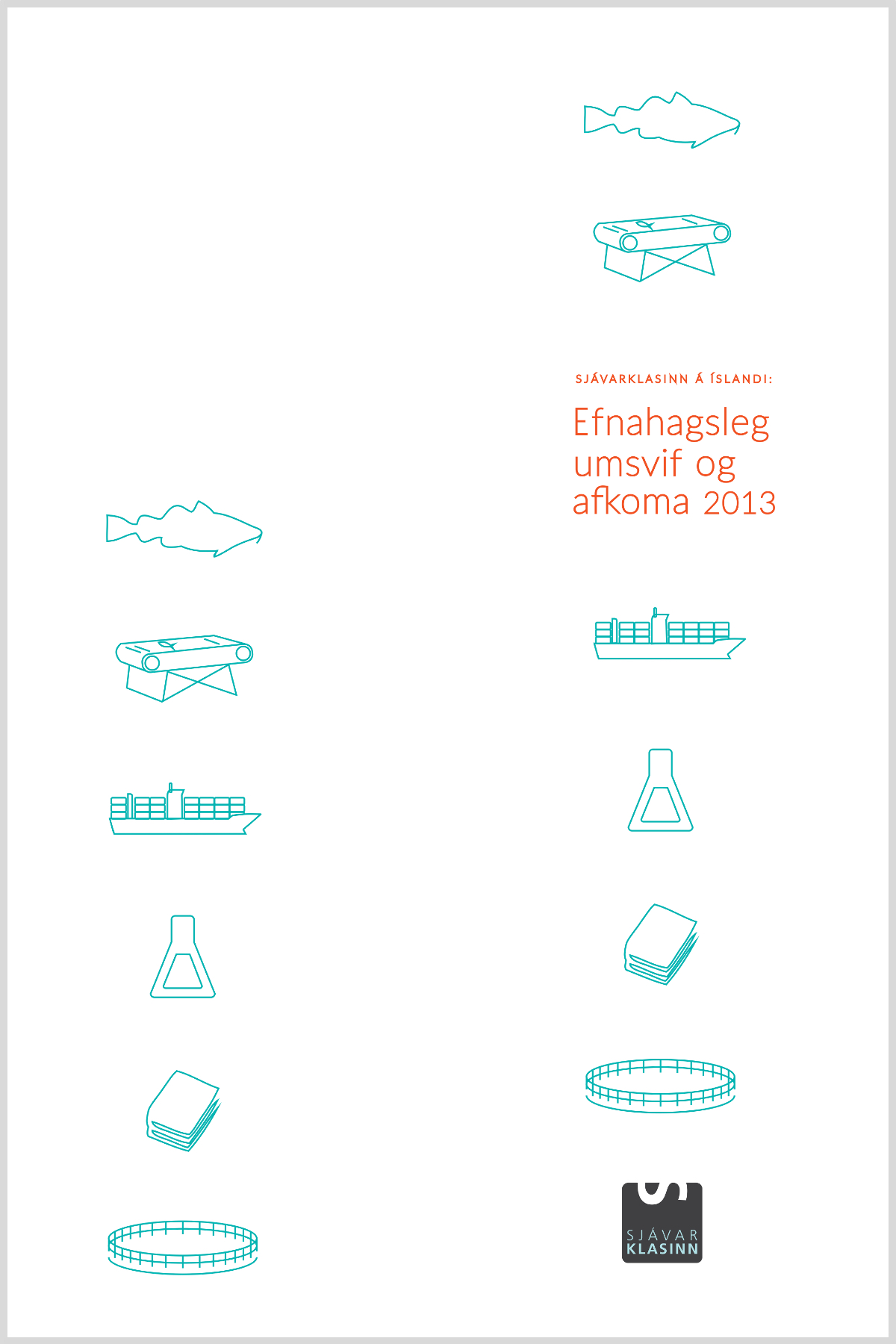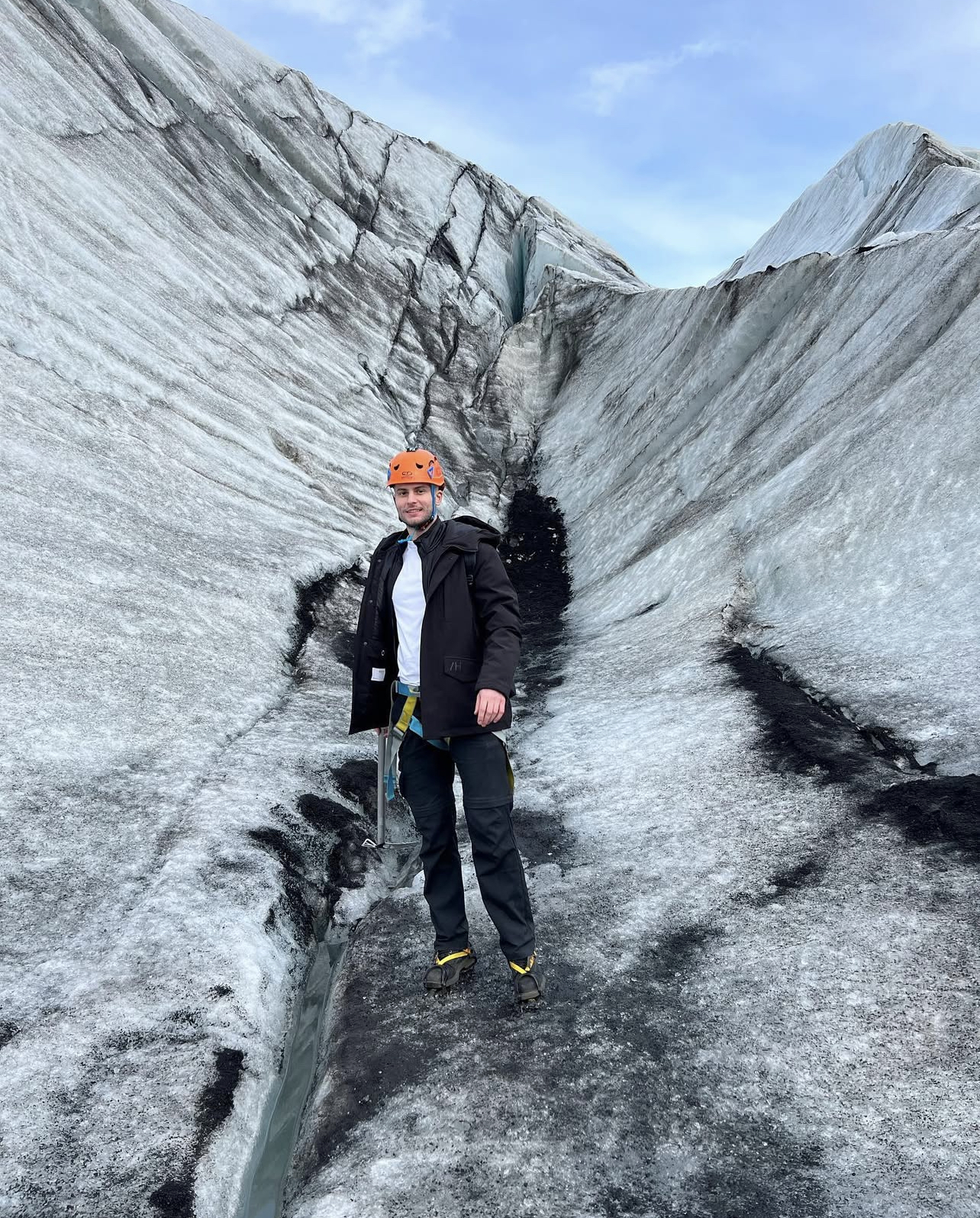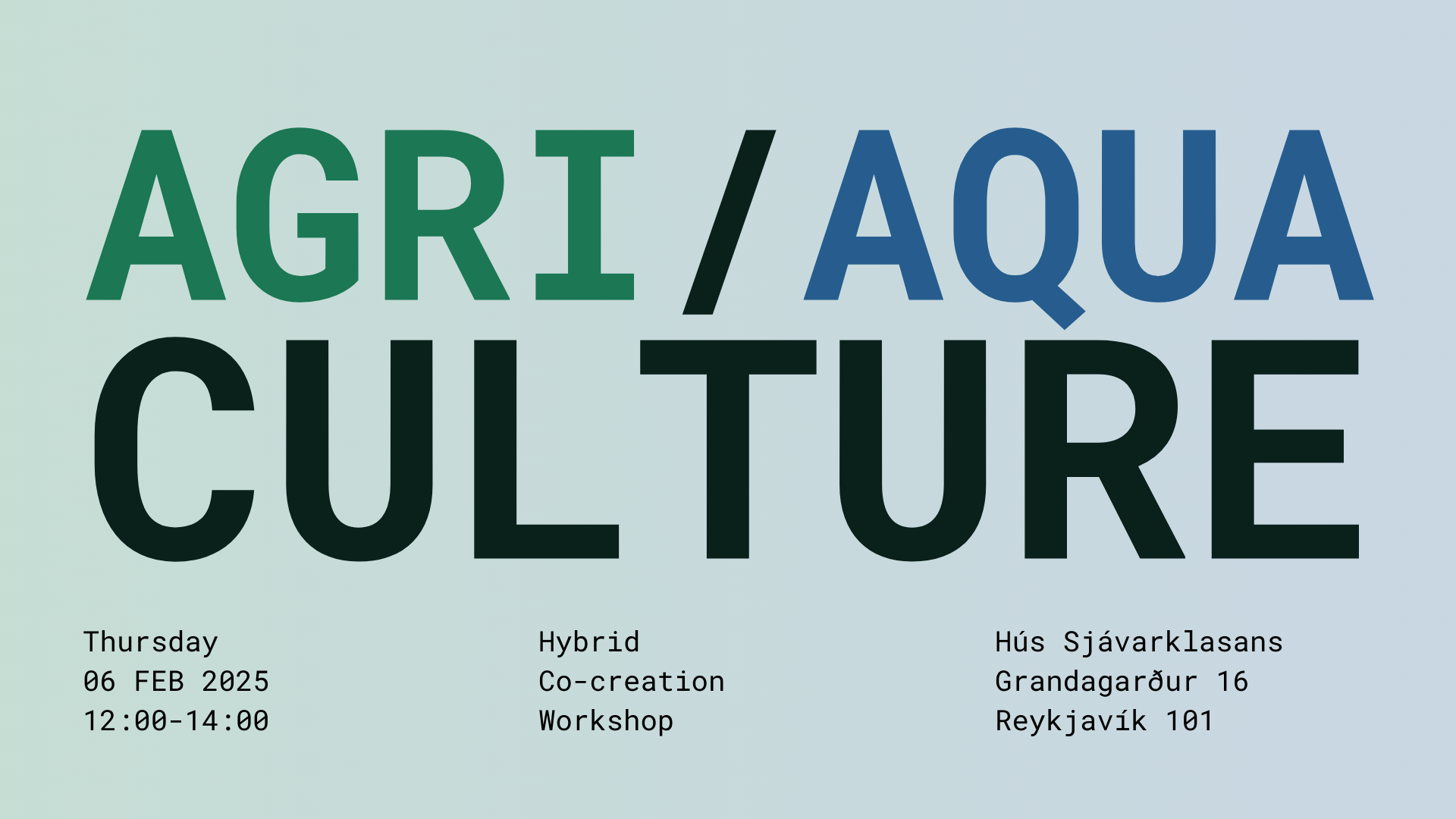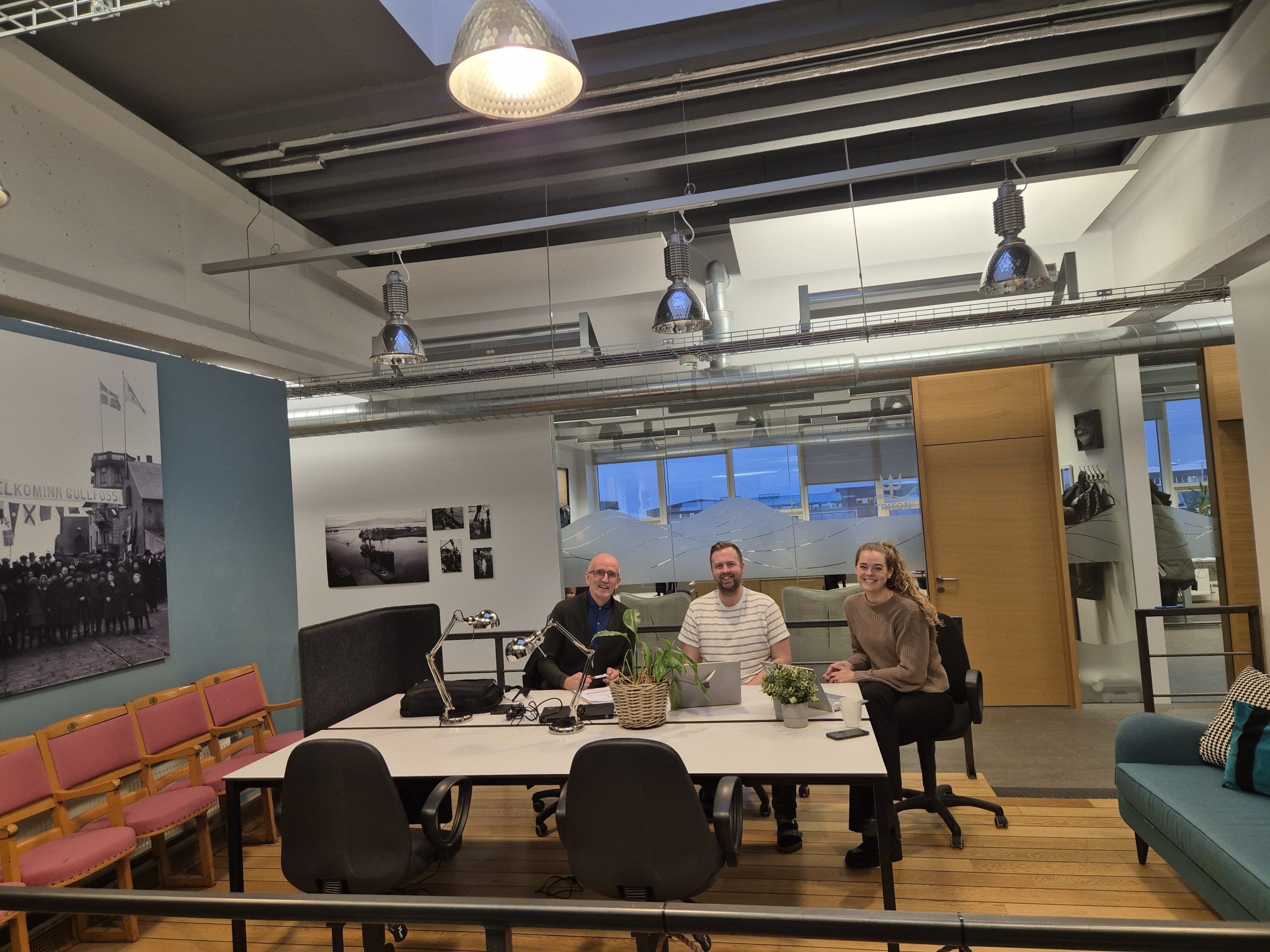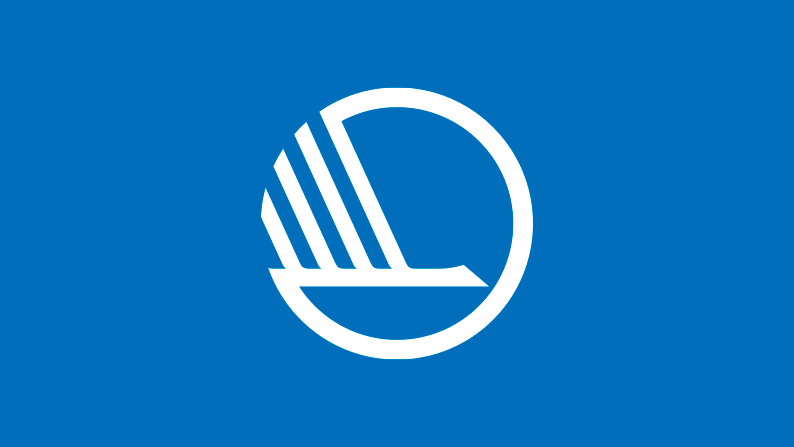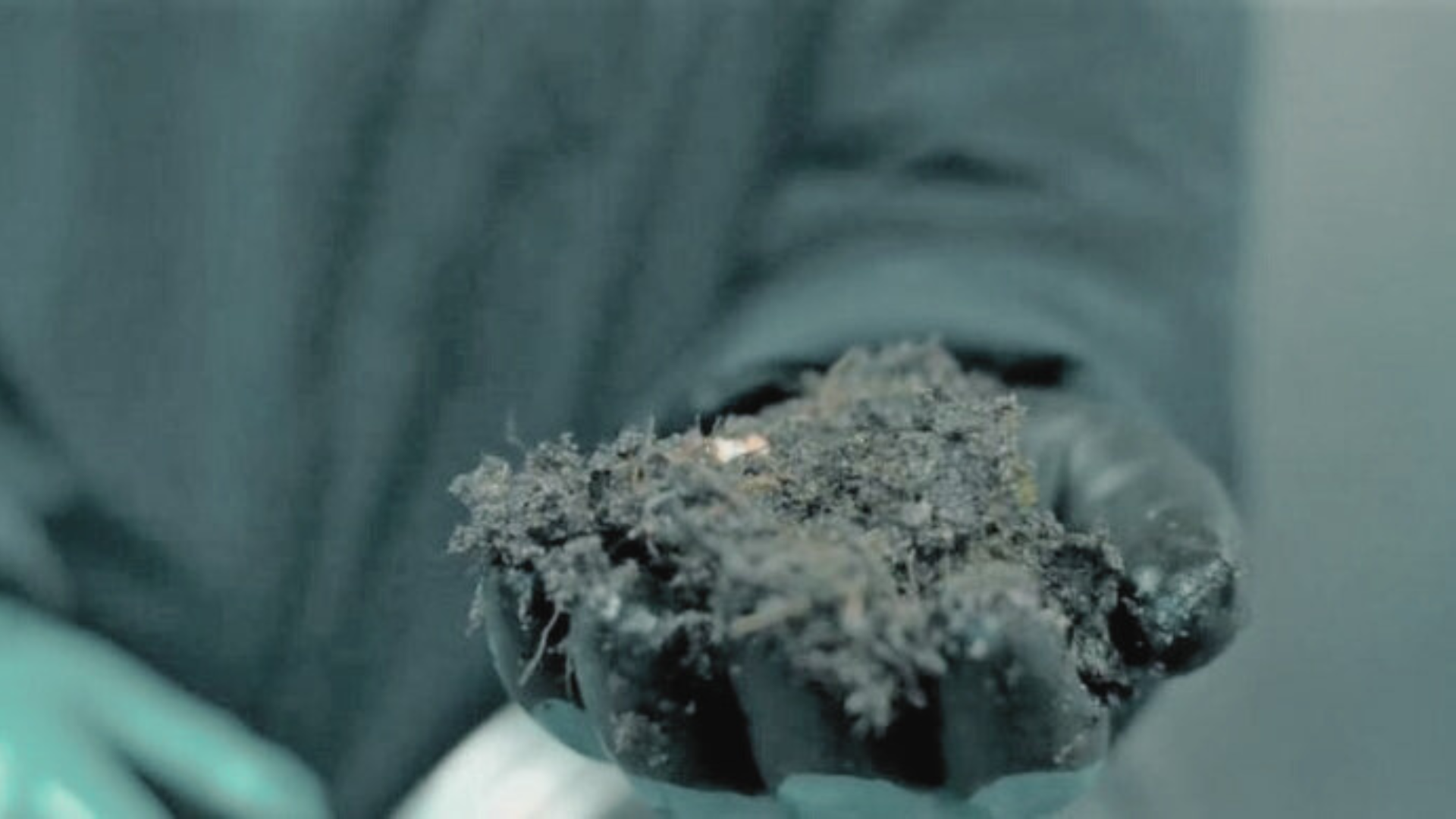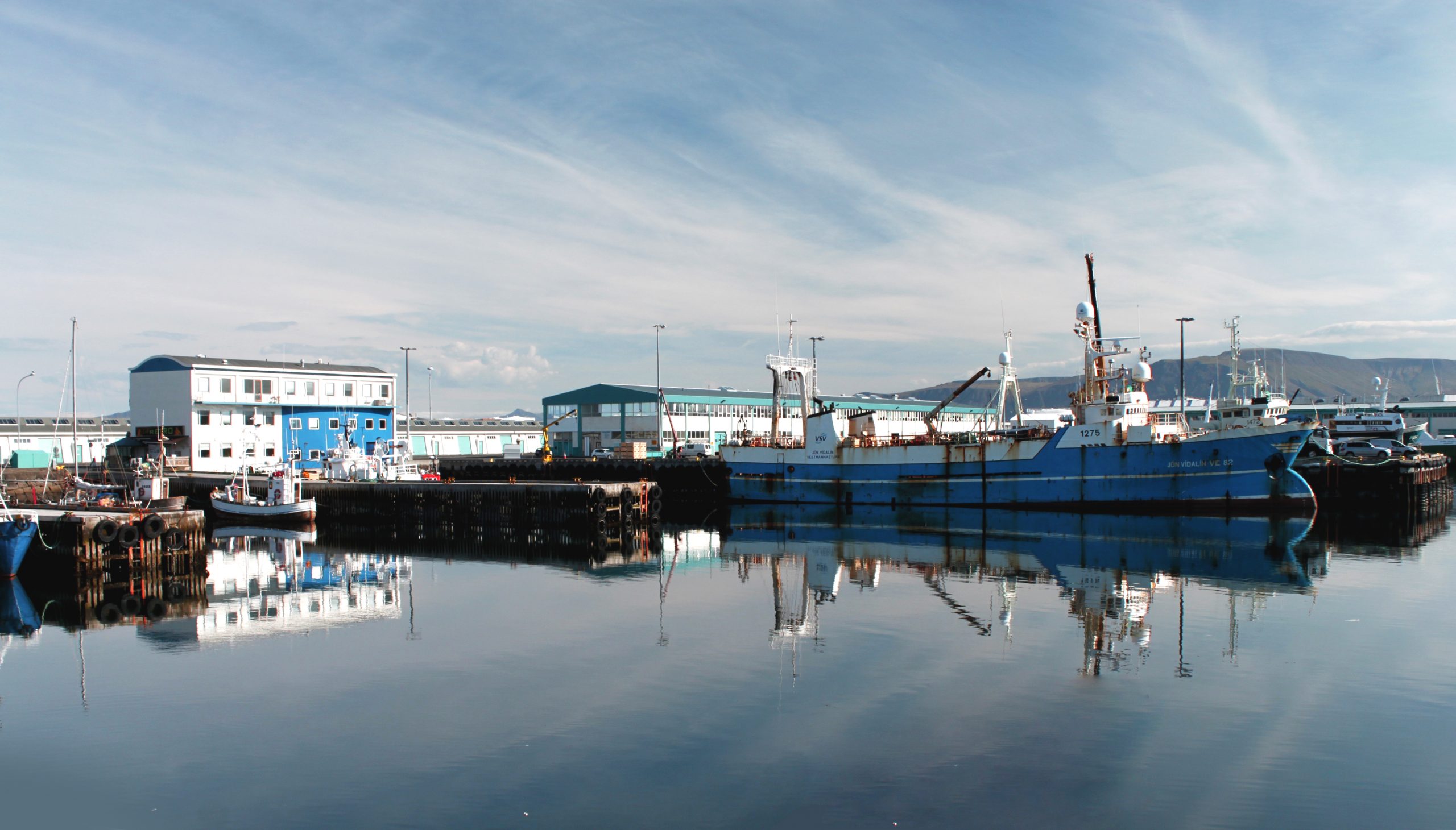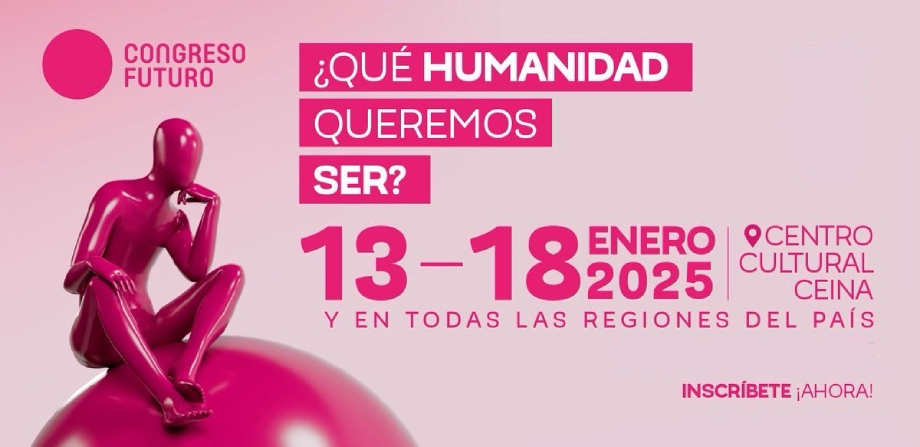Historically, Iceland’s fisheries industry is a raw material exporting industry, only processing the wild catch to a limited extent before export. Despite being almost exclusively a raw materiel exporter Iceland managed to transform itself from being one of the least developed countries in Europe in 1940 to become relatively prosperous state by the end of the 20th century.
The fisheris sector was an important part of Iceland´s economic development. And there are two main reasons for it: First, fish has increased in real value since the end of the Second World War, along with just a few other commodities such as crude oil, while most others such as wheat, have decreased in real value during this period. Second, but equally important is the fact that the domestic fisheries sector has strived to do better, developing new technology and knowledge on handling, chilling and raw material processing.
Building on this tradition of better processing methods, Iceland’s fisheries sector is now experiencing an innovative shift towards fully processed consumer products, thus moving higher up the value-chain and occupying a larger part of the sales margin. In the Ocean Cluster House, 15 SMEs develop and sell fully processed consumer products. Instafish is opening a gateway into the Chinese online retail market for seafood, other companies develop new products from dried fish, sell cold-pressed cod liver oil, canned cod liver, and even fashion ware, cosmetics and pharmaceuticals made from fish skin and the fish’s intestinal enzymes.
With these SMEs now growing larger and their export quantities multiplying, a new chapter is being written in the history of the Icelandic fisheries and seafood industry. The Iceland Ocean Cluster was established to support and nurture new innovative companies, willing to take risks and develop new products in the ocean industries. This vision is now materialising in the sphere of the Iceland Ocean Cluster, and the action will continue to take place in the Ocean Cluster House.

